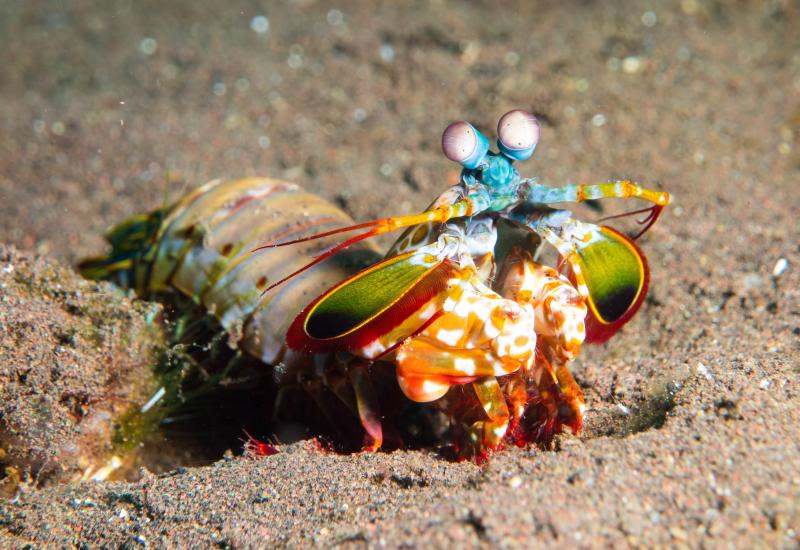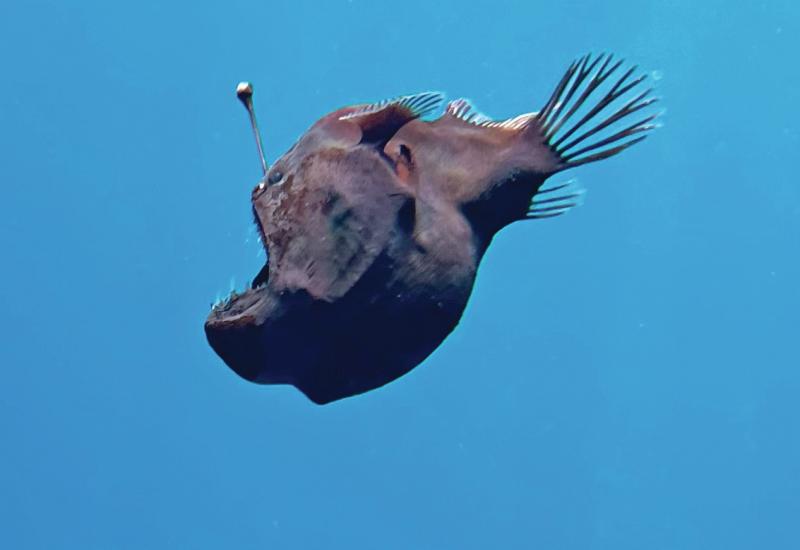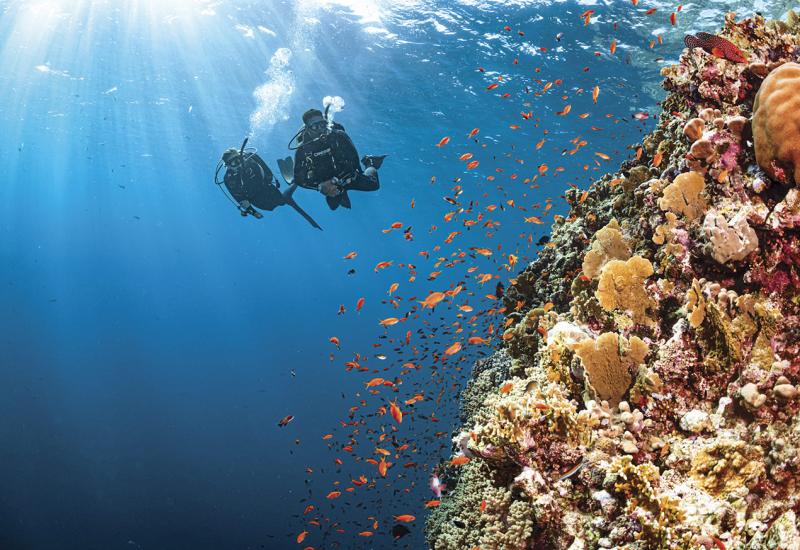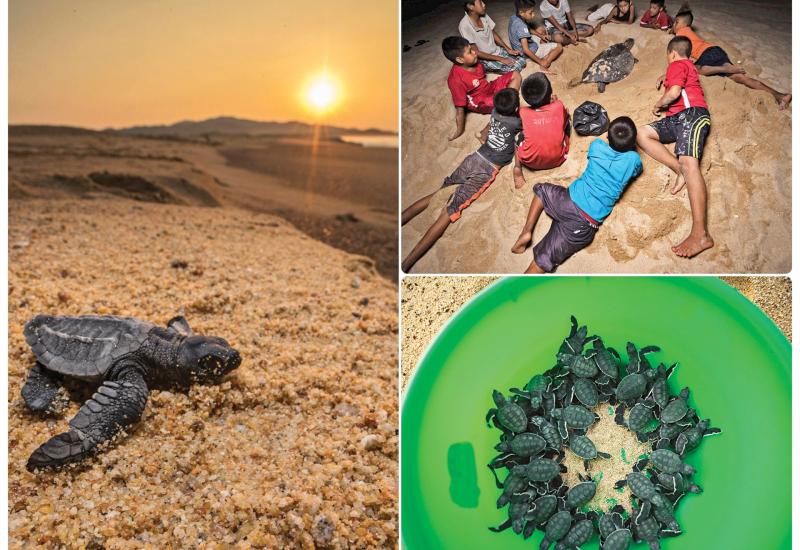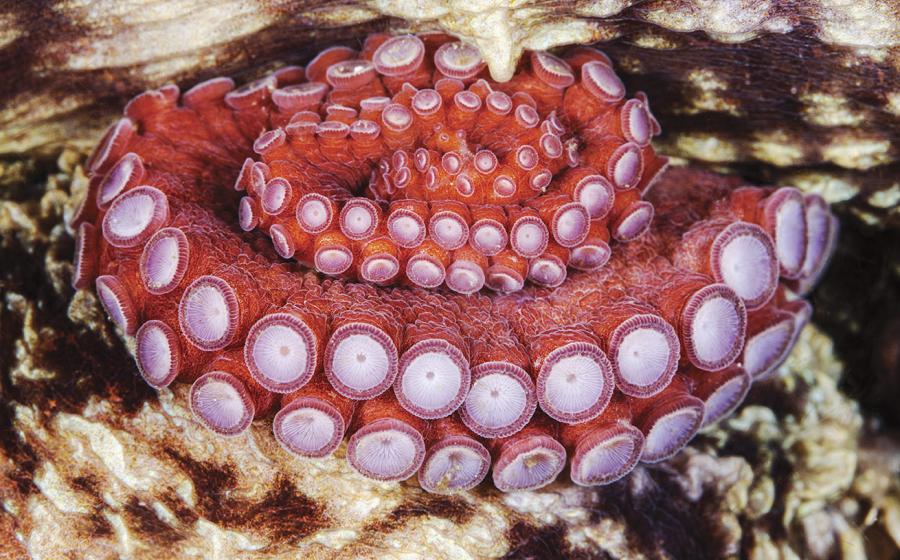Dive Travel and COVID-19 Vaccines: What You Need to Know
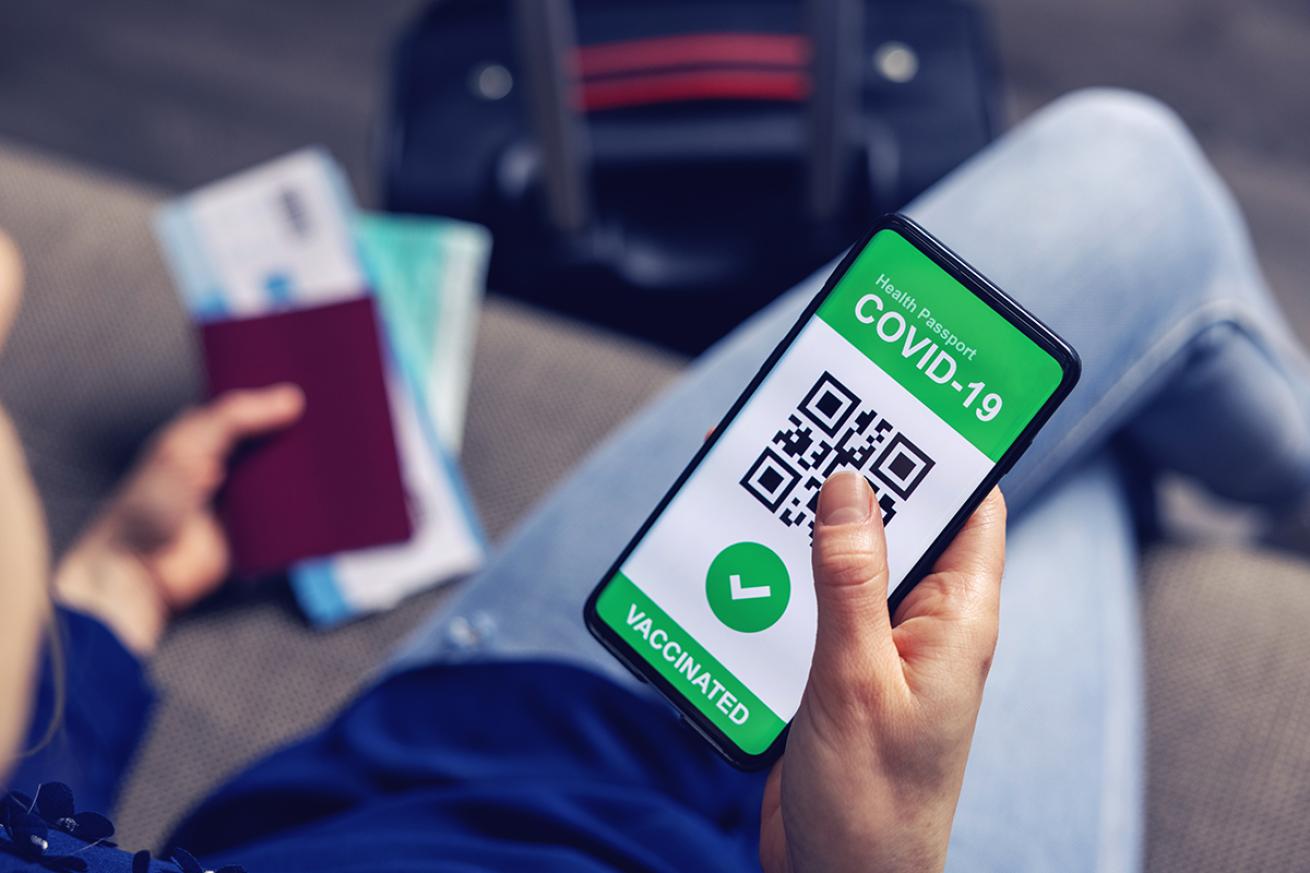
Shutterstock.com/RonstikGetting a vaccine protects both divers and their destinations.
As ten COVID-19 vaccines are distributed around the world, global travel chatter has evolved from “when will restrictions ease” to “what will the rules be when they do?” Countries around the world are debating whether or not to require “vaccine passports” as airlines mull mandating vaccines for international trips. No country to date requires proof of vaccination to enter, however, some countries are allowing vaccinated travelers to forgo quarantine while others do not require proof of a negative COVID test for vaccinated individuals.
Getting the vaccine, however, protects both divers and their destinations, says Francois Burman, DAN’s director of risk mitigation. “Regardless of which vaccine may be available to you, it will reduce your chances of getting COVID-19 and likely minimize the symptoms if you become infected. Remember that many of the destinations where divers like to travel ... are ill-prepared for outbreaks.”
Large-scale liveaboard operators such as Aggressor Adventures and All Star Liveaboards do not have vaccine requirements. Aggressor CEO Wayne Brown says his company “would never” require passengers to be vaccinated, while All Star is not able to say at this time whether or not it will. Each continues to focus its efforts on adhering to the CDC’s recommendations and international governments’ travel requirements. “We have a lot of protocols in place to try to ensure everybody is staying safe,” says Kevin Purdy, sales marketing manager at All Star.
Both operators have arranged COVID-19 testing for trip participants either aboard their vessels or at the dock upon returning from their time at sea. They have also taken additional safety measures onboard, such as enhanced sanitization and nixing self-serve meals. Each reports an uptick in bookings since vaccine distribution began. Trips at the end of the year and in 2022 —when divers are more confident widespread vaccination efforts will have loosened travel restrictions — are increasingly common.
“We hear more and more from our older clientele that are either already making reservations or looking forward to traveling later this year,” says Brown. This tentative upswing is mirrored in the travel industry more broadly as cases fall and vaccines roll.
Aside from vaccination, DAN’s Burman reiterates there are additional safety steps travelers can take to mitigate COVID spread: avoid confined spaces as much as possible, have an action plan if you become infected and, if on a liveaboard, ask your operator about outbreak contingency plans.
For more recommendations on how to resume activities as responsibly and safely as possible, check out Scuba Diving’s Safety Tips for Diving During COVID-19 and DAN’s comprehensive guide for dive operators and travelers prepping to resume normal operations in the wake of COVID.
COVID-19 Travel Requirements for Popular Dive Destinations as of April 15, 2021
Always check with local authorities before traveling for the most up-to-date COVID travel information.
Australia is currently closed to international travelers, with the exception of some from New Zealand. (New Zealand is not accepting international tourists.) No reopening date has been announced.
Travelers to the Bahamas must obtain a negative COVID-19 RT-PCR test no more than five days before arrival. Visitors must also apply for a Travel Health Visa, which includes opting into COVID-19 health insurance for the duration of their stay. If staying in the Bahamas for more than four nights, visitors must also take a rapid antigen test on the fifth day of their stay.
Travelers to Belize must register on the Belize Health App within the 72 hours prior to arrival. Visitors must also complete a health and temperature screening and present either proof of COVID-19 immunization or a negative COVID-19 test upon entry, taken either 96 hours or 48 hours prior to arrival, depending on the test type. If travelers are not tested within this window, they must take a test when they arrive at the airport in Belize for $50.
The Cayman Islands are currently closed to international travelers. The country may reopen in late spring or early summer, but this hinges on vaccine distribution within the country.
Fiji is currently closed to international travelers. No reopening date has been announced.
Indonesia is currently closed to international travelers. No reopening date has been announced.
Travelers to the Maldives must obtain a negative COVID-19 PCR test no more than 96 hours before taking off for the islands. All visitors must also complete an online health declaration 24 hours before departure.
A negative COVID-19 test is not required to enter Mexico. Upon arrival, travelers must complete a health screening as well as multiple temperature checks and symptom affidavits that affirm they’ve been symptom-free for at least 14 days prior to arrival.
Palau tourism is open, but all visitors must submit a quarantine application form. If approved, travelers must provide a negative PCR COVID-19 test result taken within 72 hours before flight departure. Upon approval and arrival, quarantine is 14 days at a rate of $150 per day.
United States (Hawaii and Florida)
International visitors to the U.S. must get a negative viral COVID-19 test within the three days before they travel or have documentation of COVID recovery. One must be presented before boarding the flight.
Hawaiian visitors must either obtain a negative COVID-19 test within the 72 hours before departing to the islands or complete a 10-day quarantine upon arrival. Visitors who opt for the test must upload results to Hawaii Safe Travels App or have a hard copy on hand when arriving in Hawaii. No testing is required to enter Florida for domestic visitors.

